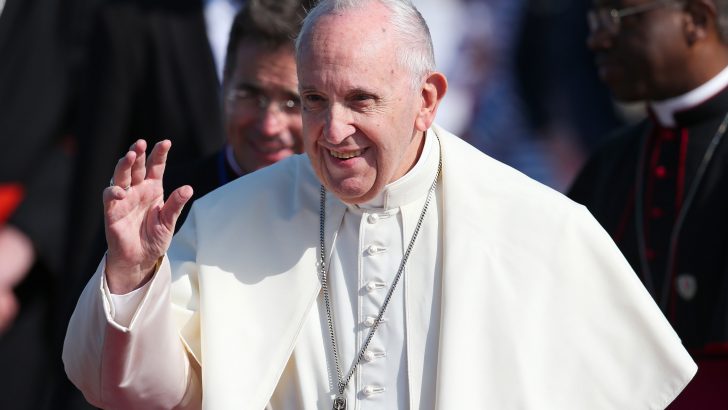Pope Francis has abolished the obligation of secrecy for those who report having been sexually abused by a priest and for those who testify in a Church trial or process having to do with clerical sexual abuse.
“The person who files the report, the person who alleges to have been harmed and the witnesses shall not be bound by any obligation of silence with regard to matters involving the case,” the Pope ordered in a new Instruction On the Confidentiality of Legal Proceedings, published last week.
The instruction was published by the Vatican along with changes to the already-updated Sacramentorum Sanctitatis Tutela Safeguarding the Sanctity of the Sacraments, the 2001 document issued by St John Paul II outlining procedures for the investigation and trial of any member of the clergy accused of sexually abusing a child or vulnerable adult or accused of acquiring, possessing or distributing images of child abuse.
Amendments
In the first of the amendments, Pope Francis changed the definition of images of child abuse. Previously the subject was a person under the age of 14. The new description of the crime says: “The acquisition, possession or distribution by a cleric of pornographic images of minors under the age of 18, for purposes of sexual gratification, by whatever means or using whatever technology.”
But the abolition of the pontifical secret over the entire Vatican process is the greatest change made. And, not only are victims and witnesses free to discuss the case, the amended law specifies that the still-in-effect obligation of Vatican officials to maintain confidentiality “shall not prevent the fulfilment of the obligations laid down in all places by civil laws, including any reporting obligations, and the execution of enforceable requests of civil judicial authorities”.
Archbishop Charles Scicluna, adjunct secretary of the Congregation for the Doctrine of the Faith and the Vatican’s chief abuse investigator, told America Magazine the new law makes it clear that “anybody who discloses misconduct or a crime and anybody who is impacted by the misconduct or the crime, and the witnesses, should never be subject to a vow or a promise of silence on the fact that they have reported”.
New law
The new law, he said, explicitly states people’s “moral duty” to cooperate with civil authorities in reporting and investigating the crime of abuse. “Moreover, there is an obligation not to bind people who disclose misconduct or crimes by any promise or vow of silence,” he explained.
In a separate interview with Vatican News, Archbishop Scicluna described as an “epochal change” the Pope’s decision to drop the “pontifical secret” – the highest level of confidentiality. “That means, of course, the question of transparency now is being implemented at the highest level,” he said.



